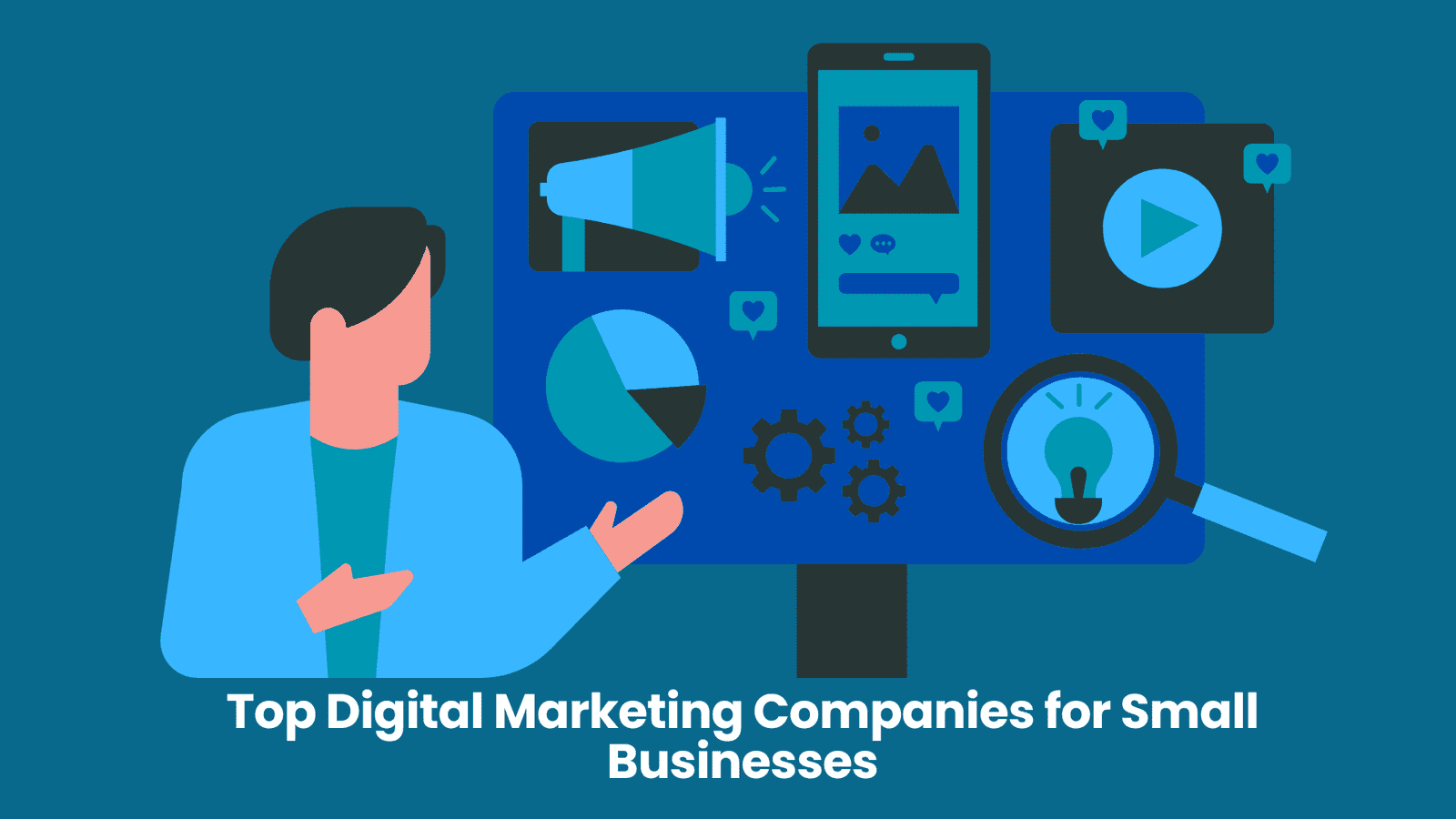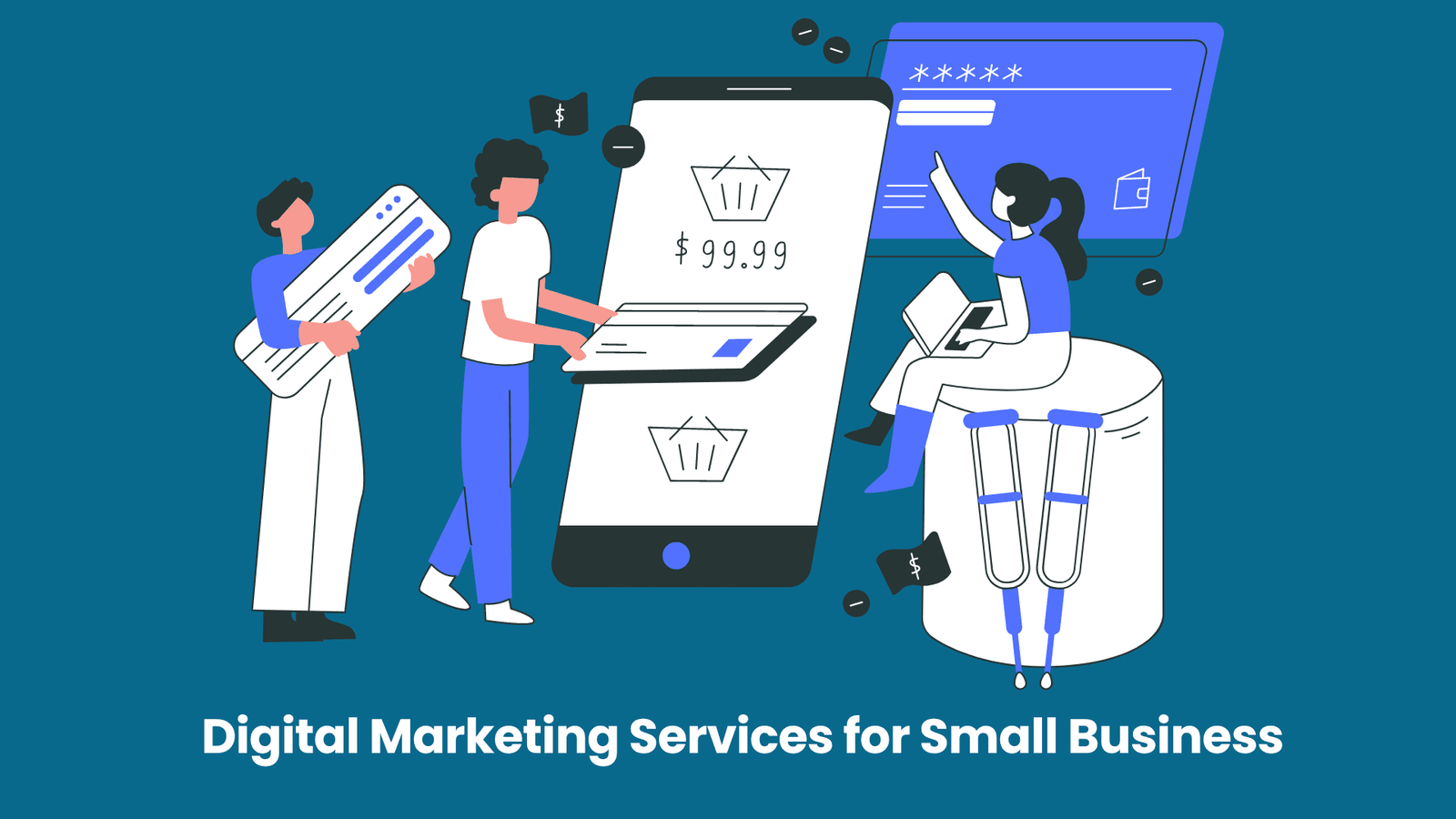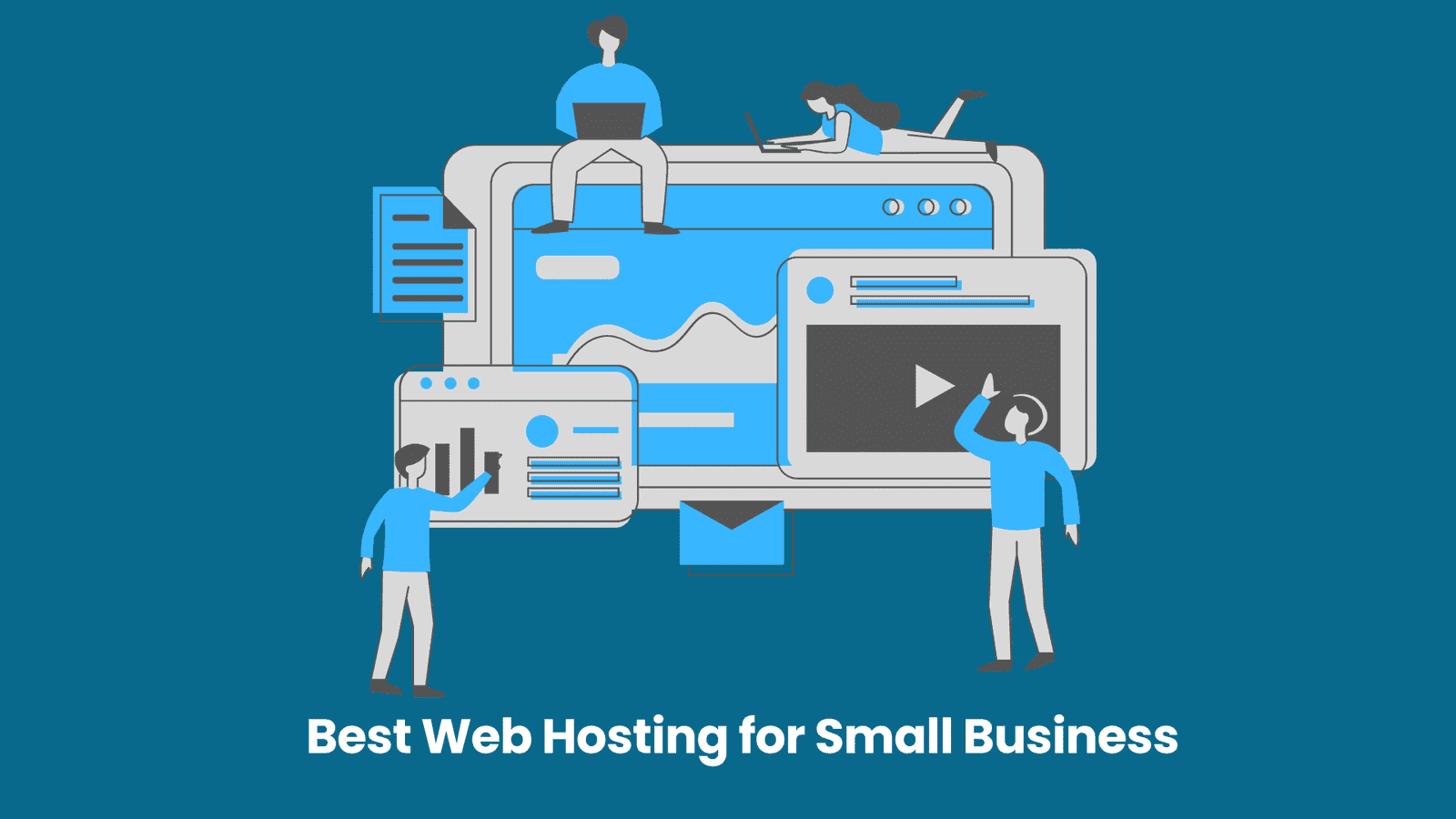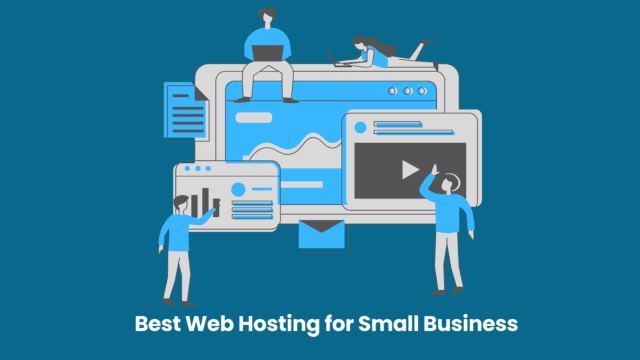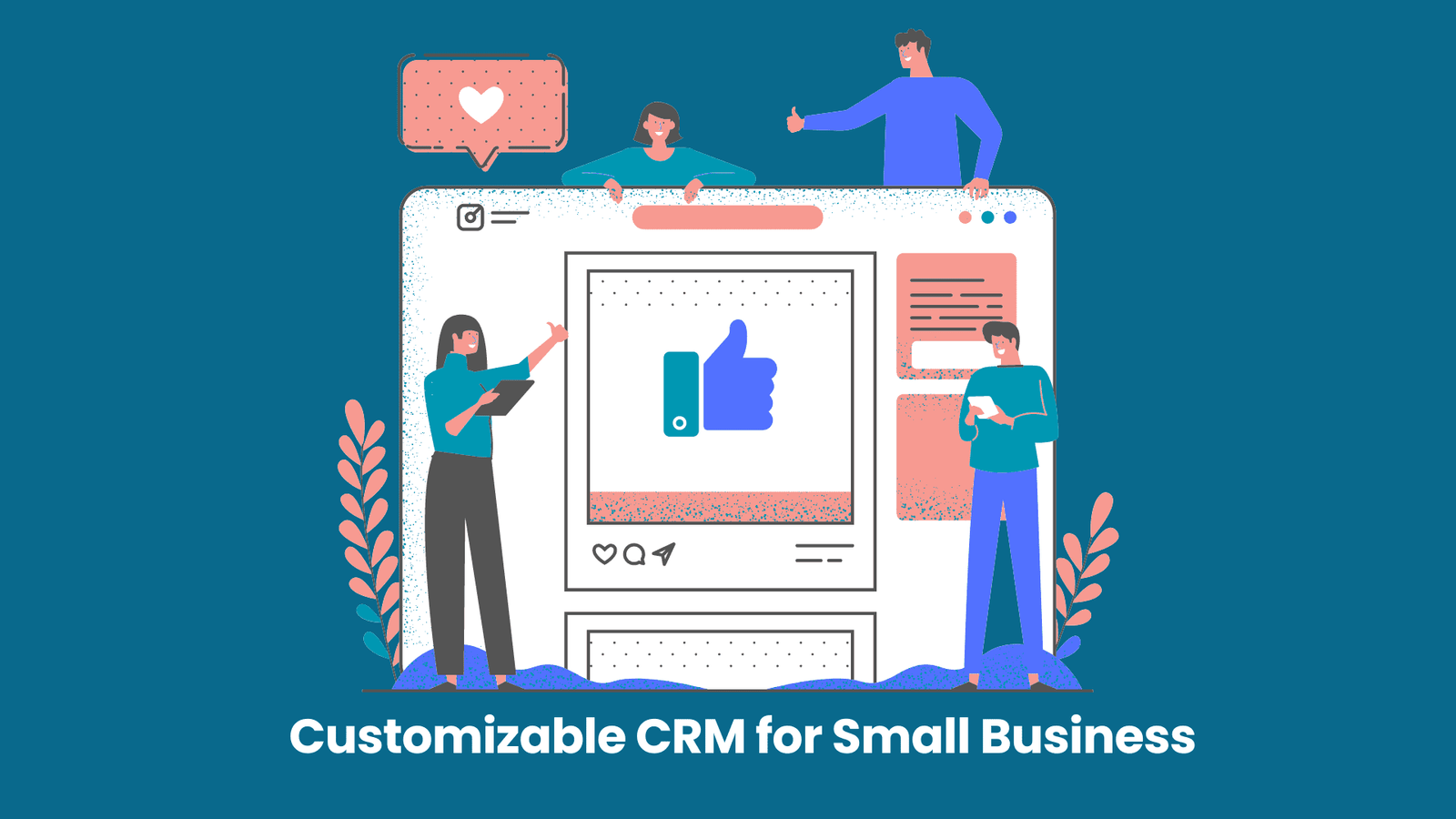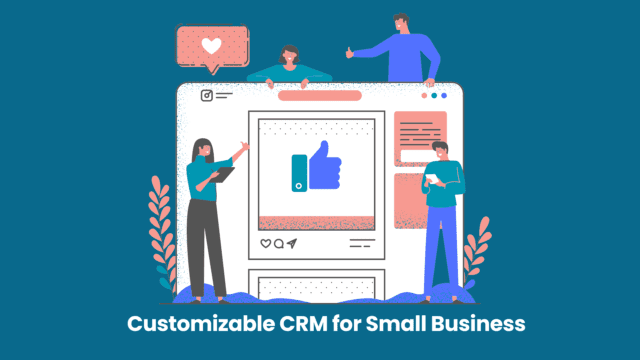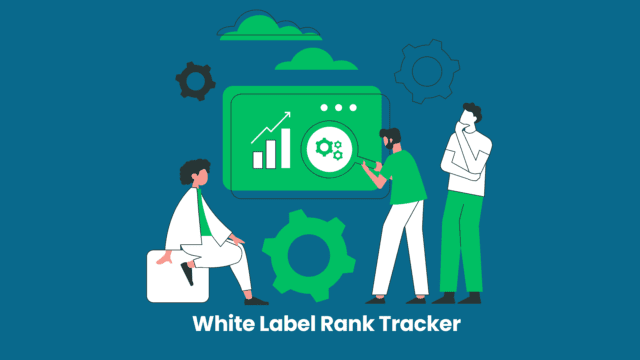Searching for online marketing companies for small business? Find out how HubSpot’s suite of tools can help you grow your business. Comprehensive resources, analytics, and a user-friendly platform are available. #OnlineMarketingCompaniesforSmallBusiness
Online Marketing Companies for Small Business: A Comprehensive Guide
Online marketing is crucial for the success of small businesses in today’s digital age. However, it can be overwhelming for business owners to navigate the vast array of online marketing strategies and tools available. This guide will provide you with an overview of some reputable online marketing companies that cater specifically to small businesses. Each company has its unique features, along with pros and cons to consider.
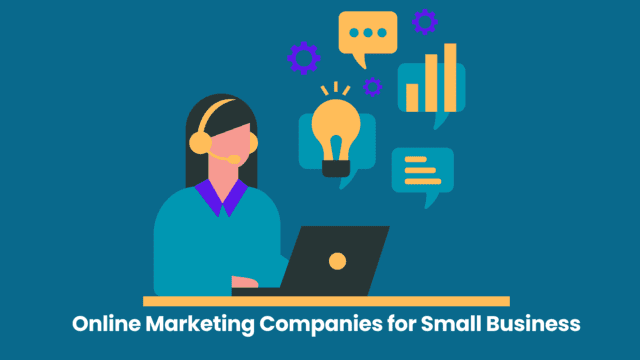
1. HubSpot
- Features: HubSpot offers a comprehensive suite of online marketing tools, including email marketing, social media management, content management, and CRM software. They also provide marketing analytics and automation features to help businesses streamline their marketing efforts.
- Pros: HubSpot offers a user-friendly interface and a wide range of tools under one platform. Their free CRM software is a major advantage for small businesses looking to manage customer relationships effectively.
- Cons: HubSpot’s pricing can be on the higher side, especially for small businesses with limited budgets. Additionally, some users find the learning curve for their platform to be steep.
2. Constant Contact
- Features: Constant Contact specializes in email marketing and offers a variety of easy-to-use templates, email list management, and tracking tools. They also provide social media marketing features and event management capabilities.
- Pros: Constant Contact’s user-friendly interface and drag-and-drop editor make it simple for small businesses to create professional-looking email campaigns. Their robust email tracking and reporting features are also highly beneficial.
- Cons: While Constant Contact excels in email marketing, its platform may lack the depth and breadth of other marketing channels. Their pricing structure is based on the number of contacts, which can become expensive as your list grows.
3. Mailchimp
- Features: Mailchimp is another popular option for email marketing, offering an intuitive interface, customizable templates, audience segmentation, and automation features. They also provide social media integration and basic marketing automation tools.
- Pros: Mailchimp is known for its ease of use and beginner-friendly approach. They offer a free plan for businesses with smaller email lists and affordable pricing options as your subscriber base grows.
- Cons: Advanced automation features are limited in the lower-tier plans, potentially requiring an upgrade for businesses with more complex marketing needs. Some users have also reported issues with customer support response times.
4. Hootsuite
- Features: Hootsuite is a social media management platform that allows businesses to schedule and manage their social media posts across various platforms. They provide analytics, content curation, and team collaboration features.
- Pros: Hootsuite’s multi-platform scheduling simplifies social media management and saves time for small businesses. Their analytics tools help track engagement and measure the success of social media campaigns.
- Cons: The reporting features in Hootsuite’s lower pricing plans are limited, and some users find the interface to be overwhelming with a steep learning curve. Certain advanced features are only available in higher-tier plans.
Remember, not all online marketing companies are created equal, and the right choice depends on your specific business needs, goals, and budget. It’s important to thoroughly research each company, explore their features, and consider the pros and cons before making a decision.
Comparison Charts of Online Marketing Companies for Small Business
| Company | Price Range | Key Features |
|---|---|---|
| HubSpot | $50 – $3,200/month | All-in-one marketing platform, CRM integration, email marketing, social media management, SEO tools, landing page builder, analytics, lead generation, automation. |
| Mailchimp | Free – $299/month | Email marketing, audience segmentation, automation, A/B testing, landing page builder, social media management, CRM integration, reports, mobile app. |
| Constant Contact | $20 – $335/month | Social media management, scheduling, content curation, analytics, team collaboration, social listening, brand monitoring, and ad campaign management. |
| Hootsuite | $29 – $599/month | SEO tools, backlink analysis, keyword research, site audits, rank tracking, content explorer, competitor analysis, and keyword difficulty score. |
| Ahrefs | $99 – $1,999/month | SEO and SEM tools, keyword research, backlink analysis, competitor research, site audit, social media management, content marketing tools, and reporting. |
| SEMrush | $99.95 – $399.95/month | SEO tools, keyword research, rank tracking, backlink analysis, site audits, on-page optimization, competitors’ rankings, and reporting. |
| Moz Pro | $99 – $599/month | Professional social media advertising platform, B2B targeting options, ad formats, lead generation, and analytics. |
| Google Ads | Variable pricing (pay-per-click) | Online advertising platform, keyword targeting, ad creation, bidding strategies, campaign performance tracking, audience targeting, remarketing. |
| Facebook Ads | Variable pricing (pay-per-click) | Social media advertising platform, audience targeting, ad formats, remarketing, analytics. |
| LinkedIn Ads | Variable pricing (pay-per-click) | All-in-one marketing platform, CRM integration, email marketing, social media management, SEO tools, landing page builder, analytics, lead generation, and automation. |
| Twitter Ads | Variable pricing (pay-per-click) | Social media advertising platform, targeted audience reach, ad formats, remarketing, analytics. |
Please note that the prices mentioned above are approximate and may vary based on the specific plans, features, and customization options you choose. It’s always recommended to visit the respective company’s website for the most up-to-date pricing and detailed information on the features included in each plan.
How to Choose the Right Online Marketing Companies for Small Business
Choosing the right online marketing company for your small business is a crucial decision that can have a significant impact on your success. Here are some steps to help you make the right choice:
- Set your goals: Clearly define your marketing goals and objectives. Determine what you want to achieve through online marketing, whether it’s increasing brand awareness, generating leads, driving website traffic, or boosting sales.
- Identify your budget: Determine how much you’re willing to invest in online marketing. This will help you narrow down your options and choose a company that offers services within your budget.
- Research and compare: Thoroughly research different online marketing companies, their services, and their reputation. Look for companies that specialize in serving small businesses and have experience in your industry. Read reviews, case studies, and testimonials to gauge their effectiveness.
- Consider their expertise: Evaluate the specific services and expertise offered by each company. Do they specialize in areas that align with your goals, such as search engine optimization (SEO), social media marketing, or email marketing? Identify the services that are most important for your business and ensure the company can deliver on those fronts.
- Assess their approach: Understanding the company’s approach to online marketing is essential. Do they take a data-driven approach? Are they proactive in keeping up with the latest trends and technologies? Look for companies that prioritize ongoing learning and adaptation to stay ahead in the rapidly evolving digital landscape.
- Request proposals or consultations: Reach out to the shortlisted companies and request detailed proposals or consultations. This will help you understand their strategies, methodologies, and how they plan to meet your specific needs. Ask about their reporting and communication processes to ensure they are transparent and responsive.
Additionally, choose
- Consider scalability: As your business grows, your online marketing needs may also change. Choose a company that can accommodate your future growth and offer scalable solutions that can adapt to your evolving requirements.
- Check references: Ask for references from past or current clients and get their feedback on their experience working with the company. This will help validate the company’s claims and give you a better understanding of their performance and client satisfaction.
- Evaluate pricing and contract terms: Review the pricing structure and contract terms of each company. Compare their pricing plans, features included, and any additional costs. Ensure there are no hidden fees or long-term commitments that might not align with your business’s needs.
- Trust your instincts: Lastly, trust your instincts. Choose a company that you feel comfortable working with, understands your business, and aligns with your values and vision.
By following these steps and conducting thorough research, you will be better equipped to choose an online marketing company that can help your small business thrive in the digital landscape.
Bottom line
This comprehensive guide provides an overview of reputable online marketing companies that cater specifically to small businesses. It highlights key features, pros, and cons of each company, including HubSpot, Constant Contact, Mailchimp, and Hootsuite. The guide also includes a comparison chart of various online marketing companies and offers steps to help small businesses choose the right online marketing company.
It emphasizes the importance of setting goals, identifying budgets, researching and comparing different companies, considering expertise and approach, requesting proposals or consultations, assessing scalability, checking references, evaluating pricing and contract terms, and trusting instincts. Overall, this guide aims to assist small businesses in making informed decisions about their online marketing strategies.


